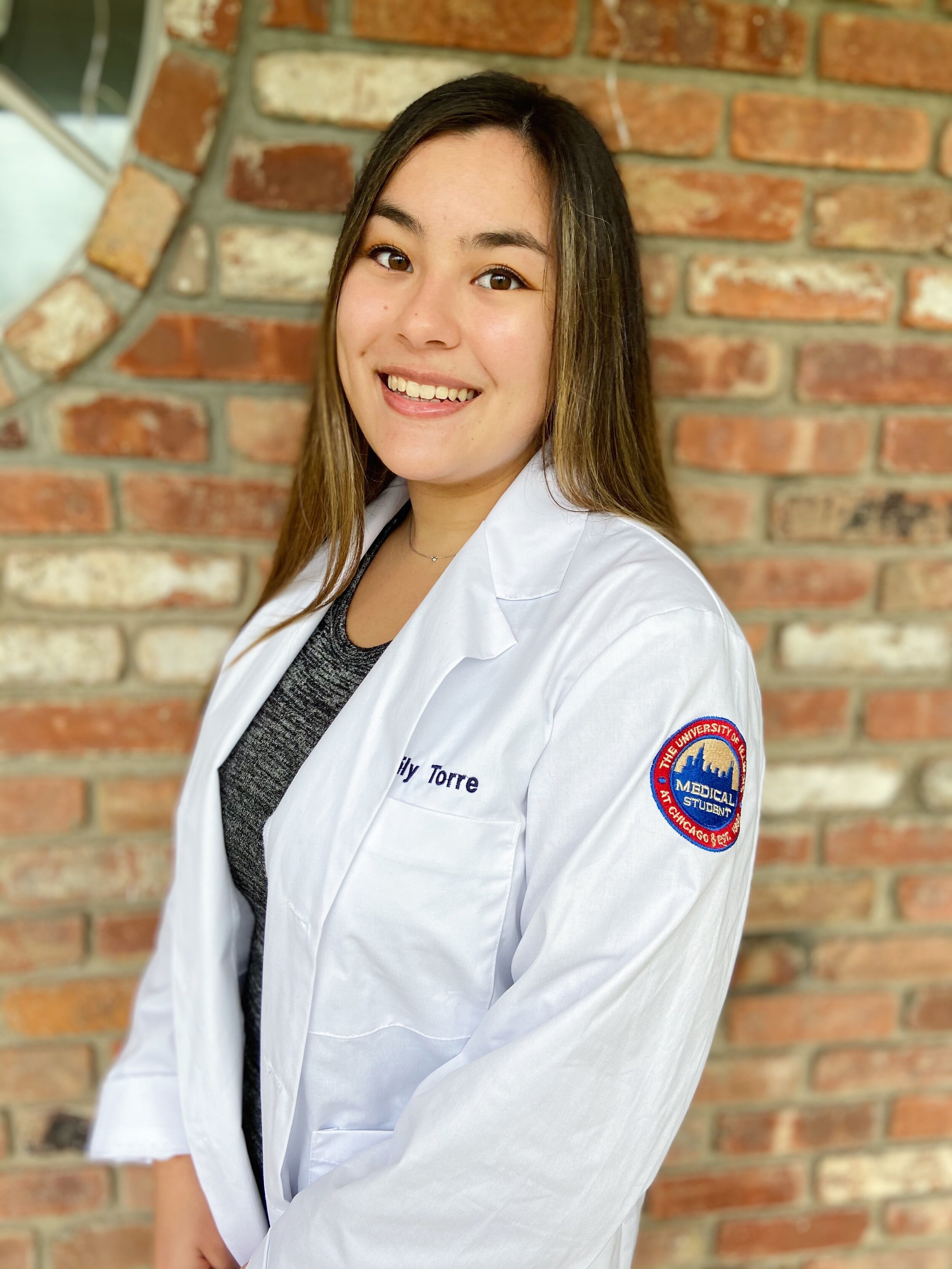Holding Those in Healthcare to a Higher Standard
By Emily Torre
Unprecedented times. The new normal. These phrases became popular at the beginning of the COVID-19 pandemic and were used to express just how much the pandemic upended our lives. Schools were closed, businesses shut down, and Americans had to learn how to navigate life with stay-at-home orders. Yet for some, life went on.
Healthcare professionals, those people who have always taken care of the sick, were now asked to do even more. They continued working, treating patients who were very sick and even dying from the novel coronavirus. They continued working, with insufficient personal protective equipment, caring for their patients even if it meant endangering their own safety. They continued working, even if it meant they needed to quarantine from their families to decrease the risk of spreading COVID-19. Healthcare workers went to extraordinary lengths to fight this pandemic despite the risks and both physical and emotional toll it would take on them.
The dedication and tenacity that healthcare workers showed in the face of this pandemic sparked a new respect for the work they do. People in cities across the world cheered and clapped for healthcare workers to salute them for their hard work. They became a symbol of hope and role models for us all.
Many healthcare workers took this new position in stride. They took to social media to prevent the spread of misinformation and to encourage people to do their part by staying home, wearing a mask, and washing their hands. In a time when so little was known about COVID-19, we sought out information from those who were facing COVID every day, those who were most familiar with it. We looked to these individuals on the frontlines for guidance and leadership. Yet, some healthcare workers were not practicing what they preached.
There were also some in healthcare who seemed to not lead by example, and some who in fact did exactly the opposite. As someone who is just beginning my journey in medicine, it was disheartening to see individuals who work in healthcare disregarding the CDC guidelines. The CDC explicitly asked (and continues to ask) for people to avoid nonessential travel. Yet, my social media feed was flooded with photos from beaches, crowded ski resorts, and lavish indoor dining establishments. It seemed as though healthcare professionals felt the CDC’s guidance didn’t apply to them. One physician tried to rationalize this to me, saying that the restrictions were meant for the general public; that it was okay for him to travel because he knew how to do so safely. This pandemic has been exhausting for all of us, and I can only imagine how much more exhausting it is for those working on the frontlines every day. I understand that many of us need an escape, but there are safer ways to do so that minimize the risk of spreading COVID-19, such as road trips and outdoor dining instead of trips to crowded airports or indoor restaurants.
Healthcare providers (and students hoping to enter the field) must stay vigilant and continue to act as role models for the community. Especially as these individuals become some of the first people in the United States to be vaccinated, it’s important to continue following COVID-safe practices. We still don’t know whether people who are vaccinated are still able to spread the virus asymptomatically, so a healthcare worker’s vaccine doesn’t necessarily protect their friends and family who aren’t eligible for the vaccine yet. Additionally, we still don’t know how much the emerging British and South African variants will impact immunity from the vaccine. Essentially, even though someone is vaccinated, their behaviors shouldn’t change at all.
We’ve come a long way from where we were last March when the COVID pandemic had reached the United States and very sick patients were starting to fill hospitals. We have a better understanding of the way COVID is spread, improvements in how COVID is treated, and multiple effective vaccines. But the fight isn’t over. For better or for worse, healthcare workers are now role models that are held to a different standard than the general public in this global pandemic. We all entered the healthcare field with dreams of helping our patients. The best way to achieve this right now is to act as a COVID-safe role model for our communities.
Emily is currently a first year medical student at the University of Illinois College of Medicine in Chicago.
